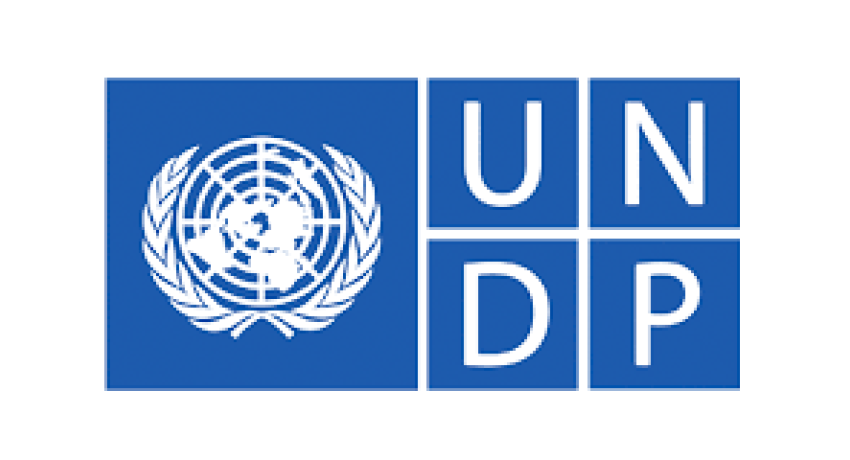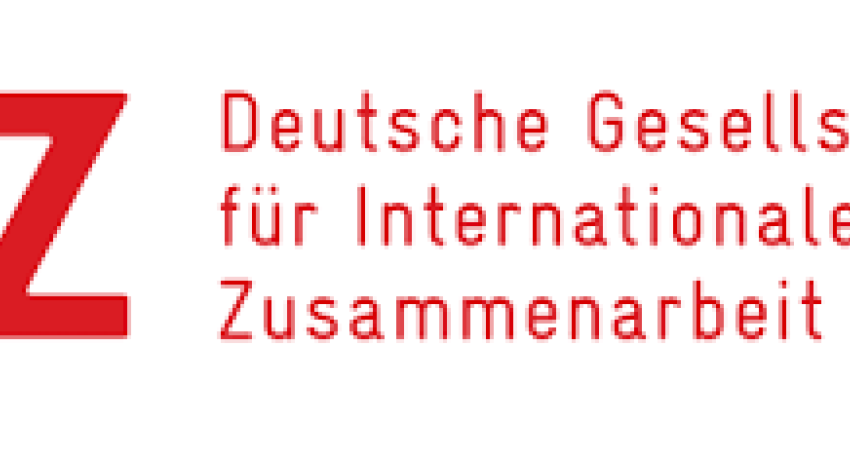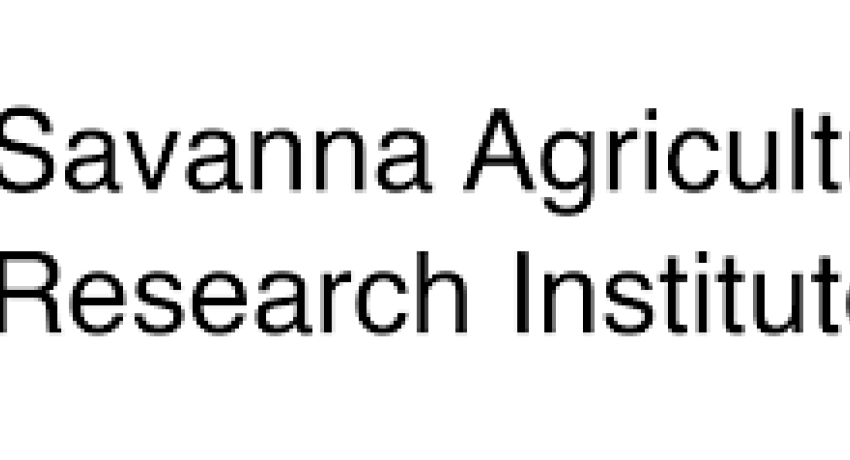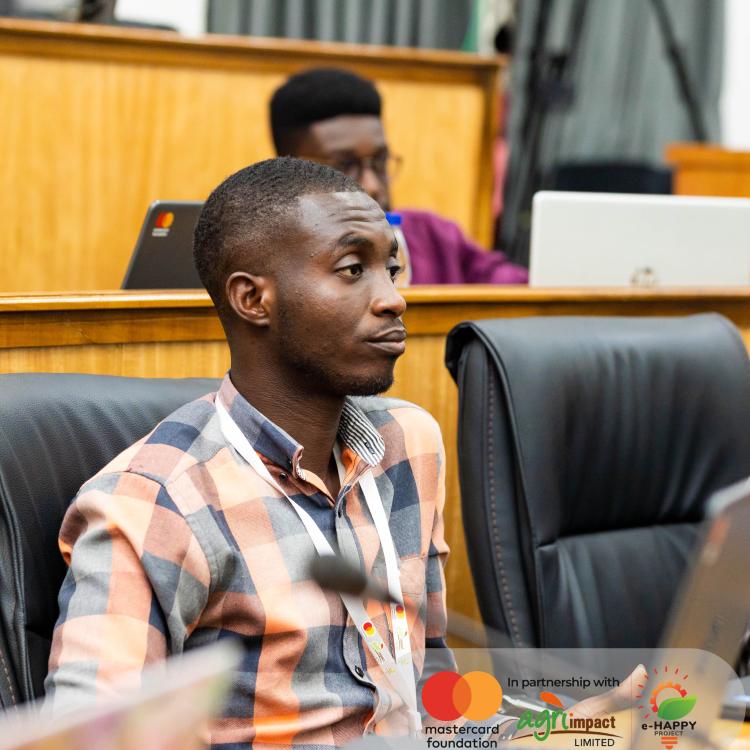Full remarks by Mr. Daniel Fahene Acquaye, agribusiness specialist and CEO of Agri-Impact Limited at the PwC 2025 Budget Digest held in Accra on Tuesday, March 18, 2025:
If you look at the budget allocation, you’ll realize that out of a total budget of approximately 279 billion Ghana Cedis for this year, only 1.5 billion Cedis is allocated to agriculture. When you examine the budget as presented by the Honorable Minister of Finance, one of the key drivers of the economy is the introduction of the Agriculture for Economic Transformation Agenda (AETA), which is anchored in agriculture. Now, if you aim to transform the economy but allocate only 0.54% of your budget to the sector responsible for that transformation, the economy will inevitably rest on weak anchors.
The point I’m making is that the budget allocation to agriculture in this year’s budget is highly insufficient. In 2024, the allocation to agriculture was about GH¢5 billion, representing approximately 2.2% of the total budget. In 2023, I believe it was around three point something billion Ghana Cedis, which accounted for about 1.8% of the total budget.
Now, if we see a decline in the government's allocation—not donor funds—to agriculture, we are definitely going to face challenges. I appreciate the fact that the government has introduced the Big Push and allocated about GH¢13.8 billion or so to it. However, I am yet to see a breakdown of allocations within that GH¢13 billion-plus budget.
If we truly want agriculture to transform the economy as the government is projecting, we need to consider key players such as the Ghana Exim Bank, which is supporting agriculture, GIRSAL, which is de-risking agricultural investments, and the Ghana Export Promotion Authority, which is assisting agribusiness entrepreneurs. Additionally, the Development Bank of Ghana is investing in agriculture. What we lack, however, is a clear strategy on who is investing in agricultural infrastructure.
The Ghana Exim Bank, for instance, is not focused on large-scale transformative infrastructure such as expansive irrigation systems, large warehouses, or improved road networks for the agricultural sector. That gap remains. We have the GETFund supporting education, COCOBOD managing cocoa-related investments, and other sector-specific funds like the Gold Fund. However, there is no dedicated fund specifically allocated to the agricultural sector.
We also face the issue of climate change. Take northern Ghana, for example, which has only one production season. If a farmer does not plant by June or July, he loses the opportunity for the entire year. Last year, delays in rainfall resulted in many farmers losing over 90% of their crops, meaning they will not plant again until the following year, in June or July. With 70-80% of the northern population engaged in agriculture, their inability to produce directly impacts the broader economic transformation, which may only benefit a few people.
So, what do we do? There are several initiatives the Honourable Finance Minister could consider accelerating and scaling up. For example, the government introduced the enclave and cluster approach, investing in strategic infrastructure. However, what is missing from this approach is what I call the "agri-enablers."
Agri-enablers include incentives that make agriculture more attractive to young people. Just as we provide funding for hostels in schools, we need similar investments in agricultural infrastructure. We have invested in the supply side of our labor force, such as offering free tuition for first-year tertiary students—a great policy. But what is the equivalent investment in ensuring the absorption of these skilled graduates into the workforce? Agriculture remains one of the biggest employers in both peri-urban and rural areas, so investment in agricultural infrastructure and enablers is critical.
While there are schemes to support the private sector, the heavy lifting—such as infrastructure development—must be borne by the government. If private sector players alone take on these costs, their investments may become unprofitable. These are the areas we expect the Honourable Finance Minister to reconsider in the budget.
Within the Big Push initiative, can there be a "Big Push for Agriculture," a "Big Push for Irrigation," or a "Big Push for Post-Harvest Systems"? Three years ago, we conducted a study funded by the Danish Embassy, examining post-harvest investments in selected commodities in Ghana. The results were both eye-opening and disappointing. When we calculated the value of post-harvest losses, we were shocked. Our study, covering areas from Bolgatanga to Axim, revealed that post-harvest losses for yam alone amounted to over $300 million per year.





















